Season Review: Castlevania Nocturne Season Two
Overview
Richter, Annette, and Mizrak have faced a tremendous setback and loss. In an unprecedented
move, Erzsebet Báthory, used her newfound powers to make a temporary eclipse; thus halting
our heroes’ plans from sending their night creature-making machine into a portal to Hell.
While they were able to save Maria from being sacrificed by her bastard father the Abbot, her
mother Tera decided to give up her life by willingly becoming a vampire for them to escape.
However, Brolta decides to chase after them to finish the job. Before she could finish the job on
Richter, a much older and experienced Alucard comes in at the last minute to slay her, saying
his behind. Now, with the support of him and his recently discovered grandfather Juste Belmont,
they must all work together and locate the corpse of Sekhmet to destroy it before the Vampire
Messiah and her new legion of vampires finds it to complete her transformation.
Our Take
Maybe it’s because I’ve never legitimately played a Castlevania game, but I find it kind of crazy
how long this franchise has lasted on Netflix. Even compared to other game franchises that got show
adaptations on Netflix like Sonic the Hedgehog, Rabbids (if you count worldwide distribution),
and even Tekken, Castlevania didn’t strike me as something even casual viewers would still be
hungry for. Like werewolves and zombies, vampires seems like a subject that can get old for a
show once viewers have had their fill (just like with many other shows before it), which is why I
have to give credit to showrunners Clive Bradley and Kevin Kolde for keeping this story fresh
with a unique marriage of ideas, character dynamics and mythology.
As society grows more and more developed centuries later in the show’s world, vampires
making alliances with those higher on the caste system seems like an obvious story choice in
hindsight, but it’s pretty well-thought out. Vampires are immortal, and for those that hunger for
blood, they would probably have aligned themselves with those in power to make agreements
on who to eat and change. Much like the previous show, it’s about retaining power and food that
could last them a lifetime.
Story-wise we get more depth with characters that we hadn’t gotten in the last season. There
are several flashbacks dedicated to the character of Brolta, and why someone like her would
choose to become a vampire in the first place. We also get some neat drama between sets of
characters we’ve come to know, such as Annette and Edouard, Maria and her recently turned
mother, and queer longing between Olrox and Mizrak. Earlier in the season, Richter even has a
line on how her and Maria “used to think [hunting vampires] was fun”, thus establishing how
their admittedly sheltered life they both had which kept them from seeing the actual might of what they deem as “monsters”. Speaking of “monsters”, Edouard is joined by another human
turned night-creature who was a revolutionary captain (with a very voluptuous monster design
might I add), and I do like the idea of those who truly believe in the cause for freedom, liberty
and egality still regaining their humanity even after being turned into monster servants (though
they don’t dedicate much screen time to it). There is a lot of talk of alliances being seen as
“found family”, which fits with a story about the French Revolution.
The animation is still as bloody good as it was in the last season, with its extravagant fights and
extremely detailed backgrounds. The collaboration between Powerhouse Animation and South
Korean studio DR Movie (who had previously done outsource animation for shows like Avatar:
The Last Airbender and High Guardian Spice) is one instance of the ever-popular “sakuga
battle”-type shows of recent memory that fans of that type of animation should focus on more
thoroughly.
By far the most interesting and shining aspect of this season is the how it combines myths and
legends from different cultures. Much like Greg Weisman’s Gargoyles and the recently-released
Jentry Chau VS The Underworld, this season decides to show what certain mythologies would
look like when they converse in such a setting, specifically Haitian Vodou, Egyptian and even
North American indigenous mythology. It’s a nice move from the previous Castlevania season,
which seemed to focus exclusively on Christianity. Starting with Episode 6 “Ancestors” , poet
and playwright Zodwa Nyoni returns from the previous season to write another episode focusing
on Annette, as she travels into the spirit world to make connections with her ancestors and
gods. For the longest time, Haitian Vodou and even the idea voodoo in general has been used
as something that those who are wicked engage in for their own benefits (almost akin to the
dark arts) in many stories across all forms of media, which is saying something considering that
it comes from a historically impoverished country like Haiti. It’s an understatement to say shows
like this and Fright Krewe not only show this particular religion in a positive light, but also the
benefits it gives to those who practice it is a breath of fresh air.
Annette even meets Ogoun (the loa of iron, and also who her ancestral lineage is descended
from), who informs her about the prospect of different deities being forgotten and misused by
those in the mortal plane. Having recently watched Twilight of the Gods, I couldn’t help but be
reminded of a similar idea they did. Fitting considering that even certain figures like Alucard can
be regarded as myth over enough time. Worth digging into if you’re a mythology and/or religion
nerd.
If I had any major criticisms left, it’s that this new season felt like it was going through the same
story beats as we got closer to the conclusion. Having binged through all 4 seasons of the original show and Season 1 of this show for the past week and a half, while it isn’t a complete copy of how things went down in Castlevania, there are numerous familiar elements which how it concluded its arc.
Spoilers approaching, but in the season finale, we have a big bad that is defeated, our main
cast splitting up to pursue their own goals in different areas of the world, and some lingering plot
lines that are kept vague for that season renewal not unlike season two. These aren’t things that are huge detriments to me, but there’s a danger of being repetitive; and if this show gets renewed for season 3 and onwards, I’d hope that they do something that can distinguish itself from its predecessor outside of a cast of characters that’s younger and more ethnically diverse.


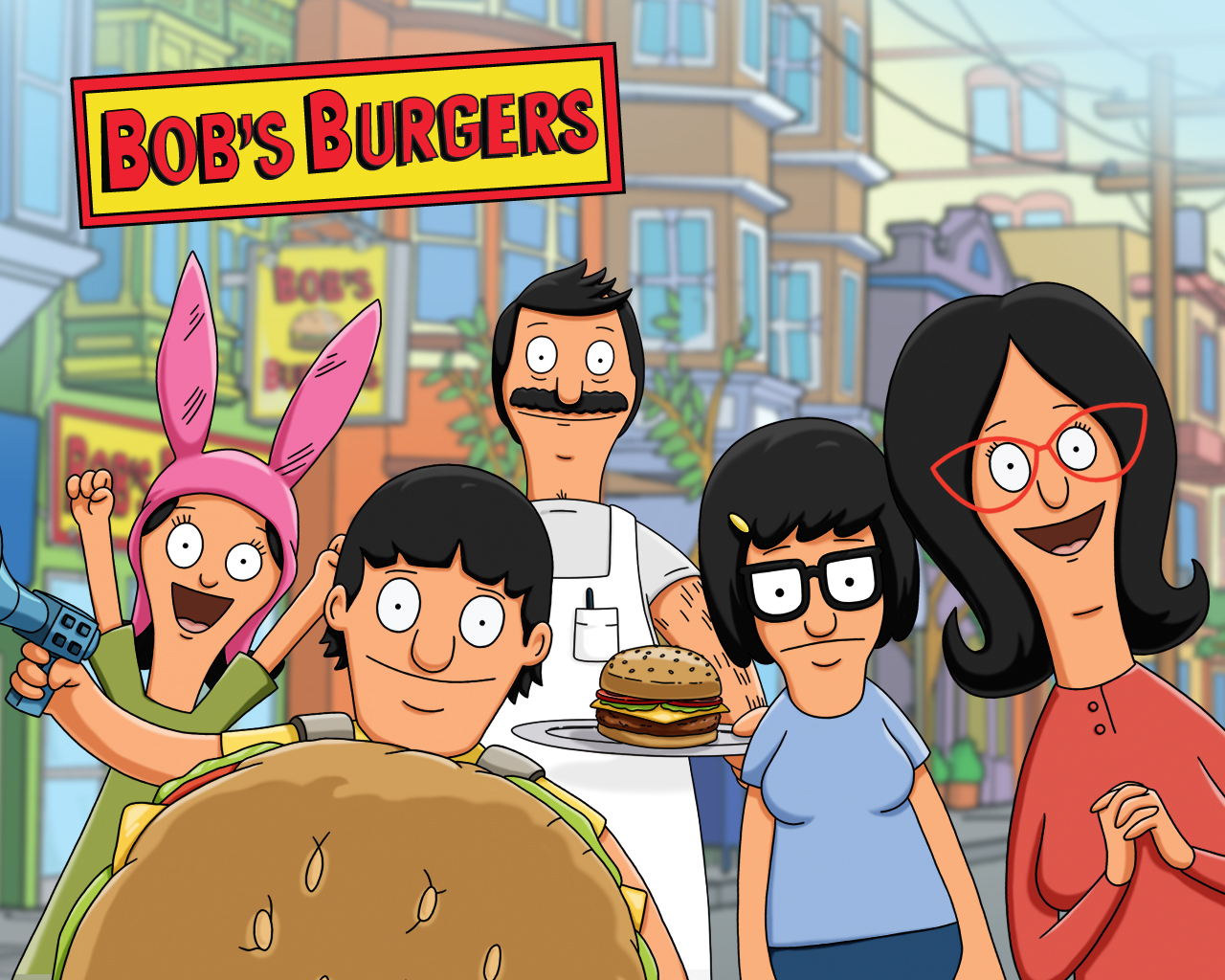
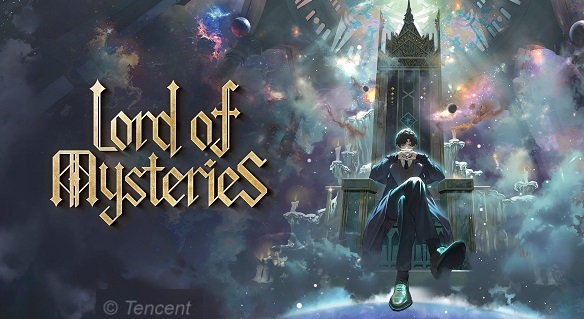
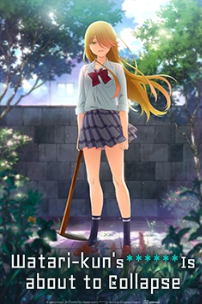
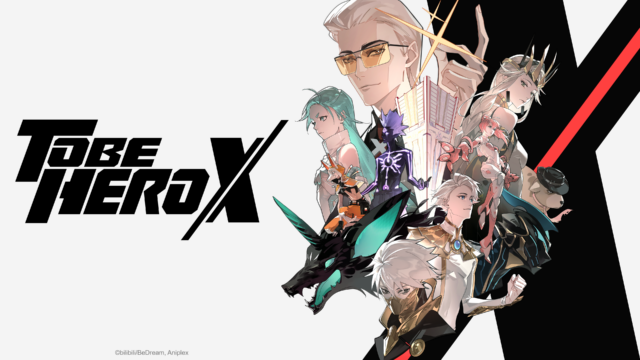



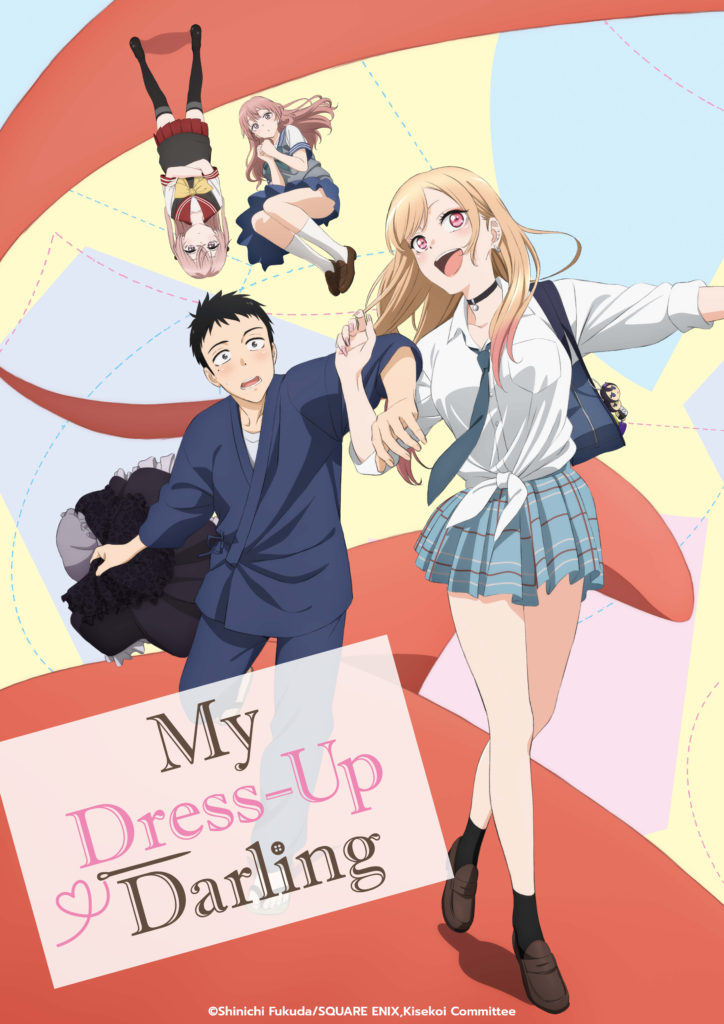













"There are also other characters that come and go (also owned by the Warner Bros. Discovery conglomerate media company)."
Huh. Is that just referring to other characters from the show itself, or is this implying that the new season is going to have cameos from other WBD IPs